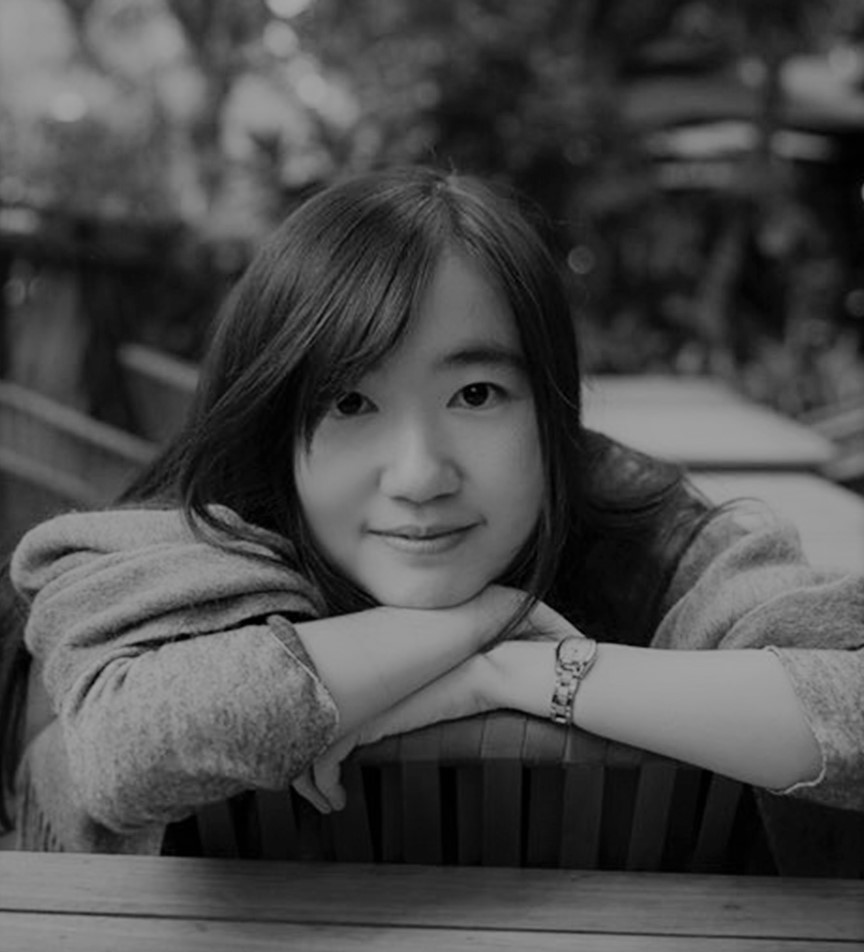
In this sixth post for the Mini-series “Open for Good: Five Years of Open Education Resources at the University of Edinburgh”, Stephanie (Charlie) Farley, Open Education Resources Advisor within Education Design and Engagement catches up with Dr. Jeni Harden, Senior Lecturer in Social Science and Health, on how the open education resources created for the LGBT+ Healthcare project in 2015 have contributed to the medicine curriculum over the past five years.
Charlie: The LGBT+ Healthcare 101 is one of our favourite OERs. It’s a great example of collaboration across students and teachers to fill a curriculum need. Could you give some background on how the project came to be?
Jeni: The undergraduate medicine students approached me wanting to know why we weren’t teaching about this, that there was a gap in the curriculum. We were talking about gender and but we didn’t really talk about sexuality, LGBT issues especially. Jo Spiller (Head of Education Design and Engagement at that time) had been thinking along similar lines and we met up for a chat. It was Jo who had the idea of making it an Open Education Resource, given her background in terms of learning technology. This was going back a few years now, it seems all completely normal to license now but at the time it was less common.
Charlie: The resources were adapted from a US resource is that correct?
Jeni: We looked at resources on MedEd Portal and took inspiration to run a live session as well as create a re-useable resource which ended up being the interviews on the UK LGBT health experience. Our students found volunteers through their own contacts, but we were also working with LGBT Health and Wellbeing (a voluntary organisation in Edinburgh). We tried to have a range of different experiences, to make sure there was diversity in the interviews.
Charlie: How have the interviews and resources been implemented into the medicine curriculum since the project?
Jeni: The following year we had a whole morning event, showing the digital stories videos from the interviews and attendees could walk around to different stations with cases to discuss. One station was a panel of people talking about being LGBT and their health experiences. When we ran the teaching event the first time, the feedback on the event and their learning as a whole was really positive. The medical students really do value hearing from people, and that can be through resources like these. Teaching has evolved over the three four years since, unfortunately the event has been hit by strikes and cancelled twice. Now we’ve moved entirely over to a flipped approach with online resources or learning activities for students to do and then live, or potentially in person next year, tutorials.
We’ve had a new first year curriculum this year which is really exciting. We’ve changed the approach considerably and tried to take a more intersectional approach in thinking about health. Rather than having a week on gender or a week on ethnicity, we try to embed it more. We have a new curriculum for year two next year with a number of new sessions, including a social science perspective on trans health.
Charlie: That’s great! It sounds like the curriculum has really expanded in a lot of different ways since this project.
Jeni: Yes absolutely. It’s still concentrated primarily in the early years though so I’m looking to see if we can re-flag them up to students in certain clinical modules and remind students along their clinical journey to revisit these resources.
Charlie: It’s fantastic to see how these open licensed resources created over five years ago are still relevant and still in use.
Jeni: Yes! It can be difficult to find short clips that summarise what you are teaching, it takes a lot of time to find. Resources like these interview videos have a fairly long life-span. They’re not so time dependent to lose their value quickly. I’m now a co-chair of Behavioural and Social Science Teaching in Medicine (BeSST), and the interviews are certainly resources that I’ll put up there.
Charlie: The open licenses definitely make sharing them in different places much easier. Would you, or have you, undertaken any more curriculum or open educational resource projects in collaboration with your students?

Jeni: Medical students are amazing. I love working with them so much. Part of the reasons for the doing of the project was for the students to gain experience. One in particular, Callum, came down to London with me to present some of the work. There was a BMA (British Medical Association) organised event on transforming medical education and we had a paper talking about this work so Callum and I presented that jointly. He continued to be quite enthusiastic and interested in that area, he went on to do his fifth-year research project on social science in the medical curriculum.
I’m always looking for opportunities to work with students, now any curriculum work that I do I involve students in one way or another. This was a nice project because we had a bit of money behind it that went primarily to pay the students. I much prefer that if I am working with students that I can give them something for their time and the work that they put in.
We have a PTAS project submission at the moment to work with a PhD intern and then undergraduate students in medical school to create a toolkit for staff about equality and diversity in the curriculum. So that’s something that we can also look towards making as an open education resource.
Link to LGBT Healthcare on Open.Ed: https://open.ed.ac.uk/lgbt-healthcare-101/
Previous Teaching Matters posts on these resources:
 Jeni Harden
Jeni Harden
Jeni Harden is a Senior Lecturer in the Usher Institute of Population Health Sciences and Informatics at the University of Edinburgh.
 Stephanie (Charlie) Farley
Stephanie (Charlie) Farley
Stephanie (Charlie) Farley is the Open Educational Resources (OER) Advisor with Information Services Group(ISG), providing OER, copyright and open licensing training across the University. Charlie is an advocate of playful engagement and learning, running the popular OER Game Jams and Gif It Up workshops, and the creator of the award winning 23 Things for Digital Knowledge programme. In 2018/19 as part of an Innovation Fund project she developed a Playful Engagement Strategy for ISG.
 Kelly Zou
Kelly Zou
Kelly Zou is a storyteller, illustrator, and ex-programmer. She is based in UK and currently studying MA in Illustration in Edinburgh College of Art. She has been the recipient of Honorable Mention in the 2019 3×3 Illustration Awards, her works were chosen for 2019 and 2020 Asia Illustrations Collections, and she is also the illustrator of the book “The Lost Flower Children” by Janet Taylor Lisle published in China. She loves telling stories.
Website: https://www.kellyzou.com/
Instagram: @kelly_zxj

